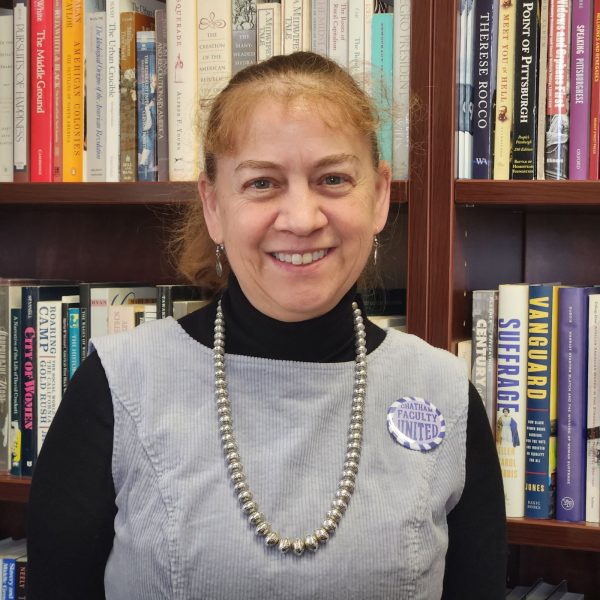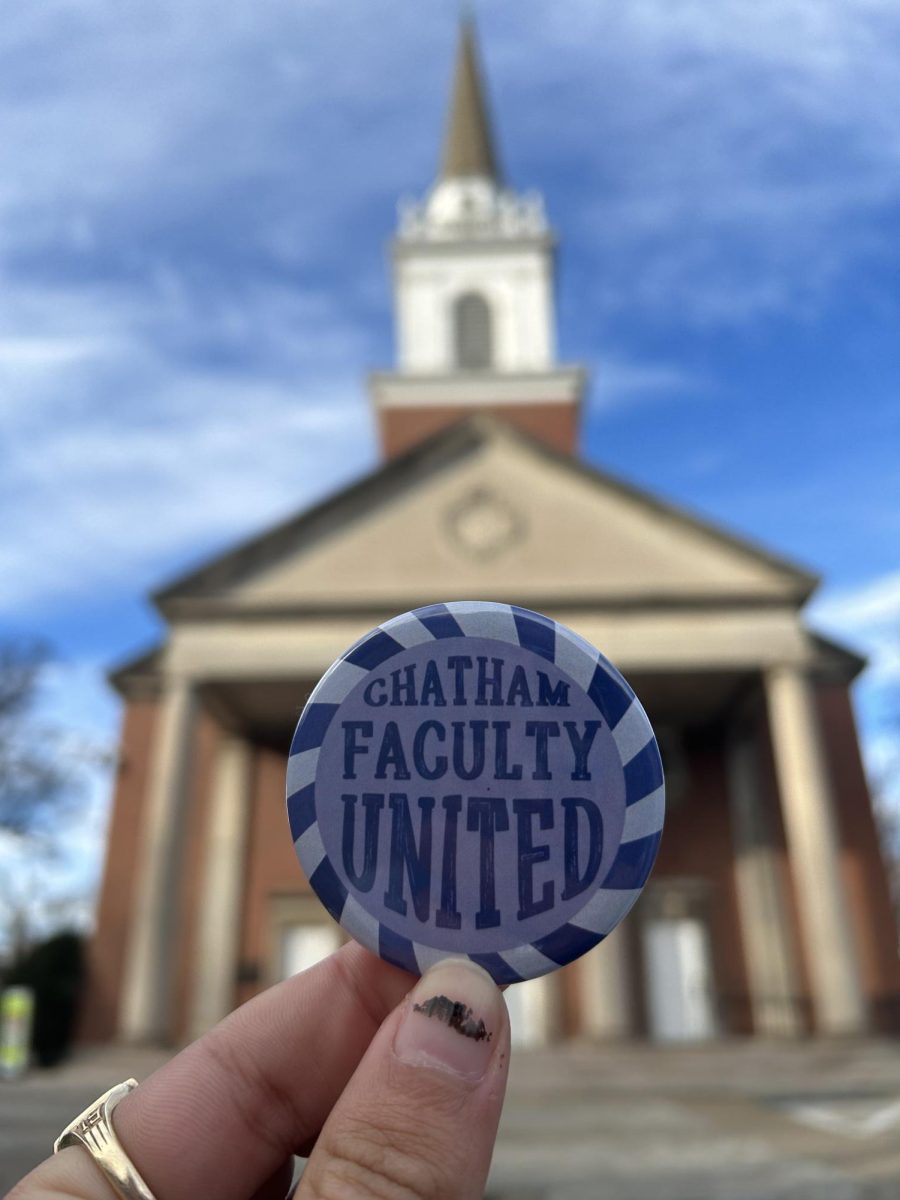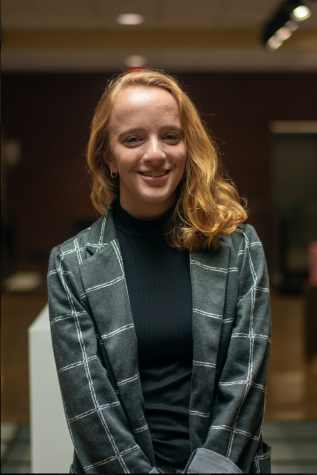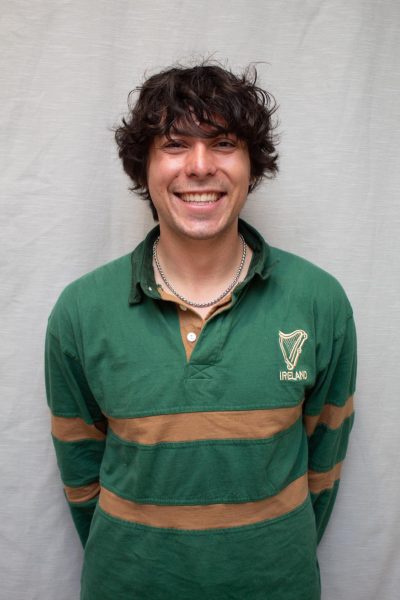As Chatham University continues to implement campus-wide changes as part of the ongoing reorganization process, some of the faculty of the University have begun organizing a union in hopes of achieving shared governance and further transparency from the administration.
The decision to unionize was made after the announcement in June that the University would be undergoing a reorganization and completing an academic review over the course of the 2023-2024 academic year. Faculty organizers felt left out of the decision-making process and wanted to be more involved in the governance of the University.
“The Chatham faculty are organizing a union because we are committed to this university, we want what is very best for our students, and we want our community to thrive,” Dr. Jessie Ramey, Director of the Women’s Institute and an organizing member of Chatham Faculty United, the union for Chatham University faculty members, said in an email.

Union organizers want there to be better communication between the University’s administration and the Chatham community. The group is hoping to gain access to Board meetings, which are currently closed to the public. To better help faculty in the decision-making process, the union organizers want to gain access to the University’s financial records.
“We don’t have a true system of shared governments,” said Dr. Jennie Sweet-Cushman, one of the organizing members of Faculty United. “To be fair, that sounds like something that [President Rhonda Phillips] is open to having. The problem is that it doesn’t have any sort of binding sense to it unless there’s a legal component to it that a union contract would bring.”
Sweet-Cushman emphasized that some faculty members felt the lack of communication during the reorganization process caused concern for their job security.
“Are the cuts that we’ve experienced now a floor and as the University recovers, which we want to be partners and make sure it does, when do those things get reinstated? How do we prioritize making sure that faculty will get raises again, or that we will have our retirement reinstated? Is there the possibility we could get our bus passes back? Will we have travel funds for conferences? To be able to ensure our research agendas?” Sweet-Cushman said. “Those are very much open questions right now and we’ve asked if there is a plan to reinstate and there are no answers to that.”
Quality of life is also an issue that organizers hope to address in contract negotiations.
Chatham Faculty United also wants to include the voices of students by including a student advisory council to help facilitate more voices in the decision-making process.
“One thing that has been apparent to me for a long time is that student voices are also not really part of the equation in governence here. And I think that’s to the disadvantage of the University. So you know where we’re making decisions about the things that are important to faculty, it’s entirely intertwined in what’s important to students.”
While union organizers want to see students get involved more, they do not want the financial responsibilities to fall on them due to a rise in tuition.
“We can use our common voice as a union to advocate against tuition increases,” Sweet-Cushman said.
Bill Campbell, Chatham’s vice president of marketing and communications commented on behalf of the University.
“Chatham has had positive working relationships with existing unions representing employee groups on campus for many years. As an educational community, we encourage anyone to learn more about unions and collective bargaining and believe a comprehensive understanding of these aspects is essential to making well-informed decisions.”
This is not the first attempt by faculty to unionize. There were efforts back in 2015, but talks ended due to members wanting to give Dr. David Finegold, who became president that year, a chance to fix issues without having to unionize. Faculty used a national labor union, Steelworkers United, in their 2015 unionizing attempt.
Sweet-Cushman described this unionizing attempt as an “open-secret,” with faculty openly displaying pins throughout the fall term, and at the Presidential Investiture for Dr. Phillips.
Due to the U.S. Supreme Court ruling in 1980 in National Labor Relations Board v. Yeshiva University, tenured and tenure-track faculty at private universities cannot unionize. The University reinstated tenure in 2022.
For continued coverage of Faculty United and the result of the unionizing vote, follow the Communiqué on Instagram @communique_cu





Lindsey Disler • Dec 1, 2023 at 2:53 pm
#UnionYes!!!